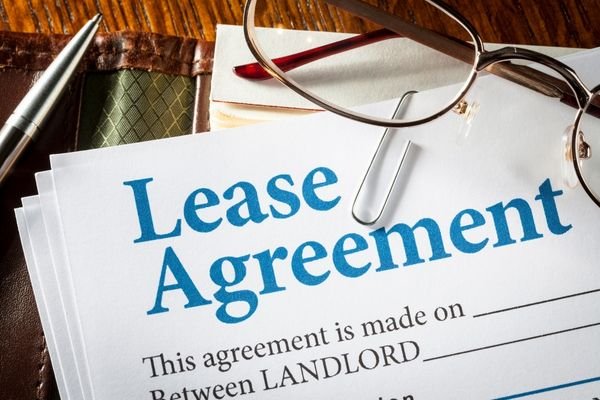Overage: Beware of the Trigger
Written by Nick Winslet | Commercial Property | 16th August 2019
Overage provisions take many different forms to accommodate a variety of scenarios. The common theme among all though is they cover the situation where the parties to a property transaction agree that the circumstances justify the seller being entitled to further payments in relation to the property being sold, at some point in the future. The parties are free to set the terms of the overage provisions which will often be shaped by current market conditions and the respective bargaining strengths of the parties involved.
Drafting overage provisions is complex and there will be a number of key drafting considerations such as the level of the overage payment and the method of its calculation; the duration of the overage period; and how the overage payment is to be secured to ensure the seller can recover what is due to it.
However, possibly the single most important point to consider is what will trigger the overage payment becoming due, and the recent Court of Appeal decision in London and Ilford Ltd v Sovereign Property Holdings Limited [2018] EWCA Civ 1618 serves as a useful reminder of the care that must be taken in setting the parameters in this regard.
The case concerned an overage provision that would require the buyer (London and Ilford Limited) to pay the sum of £750,000 to the seller (Sovereign Property Holdings Limited) in the event that permitted development prior approval was received from the local planning authority for a change of use to residential for a minimum of 60 residential units at the property.
The requisite prior approval was duly obtained during the overage period and the seller claimed the overage payment of £750,000 was due. The buyer denied that the payment was due because, in fact, the 60 residential units could not be constructed because the fire escape provision at the property was inadequate and would contravene building regulations. Their contention was that, as the underlying purpose of the overage provision was to provide a commercially valuable benefit, since there was no such benefit, the overage was not due.
This argument did not find favour with the Court of Appeal who dismissed the buyer’s appeal against summary judgement awarded to the seller. In its judgement, the Court of Appeal held that the wording of the overage provision was clear and was triggered by the receipt of prior approval. If it had been intended that the overage would only be payable if the development would also comply with building regulations, it should have said so.
The result is an unpalatable one for the developer buyer – finding itself in the position where it had to make an overage payment despite not being able to develop out the property as intended.
Speak to a Commercial Property Solicitor
Nick Winslet heads up Nash & Co’s Commercial Property team, and would be very happy to talk you through your options and answer any questions you may have. You can email Nick at nwinslet@nash.co.uk or call him on 01752 827013.











